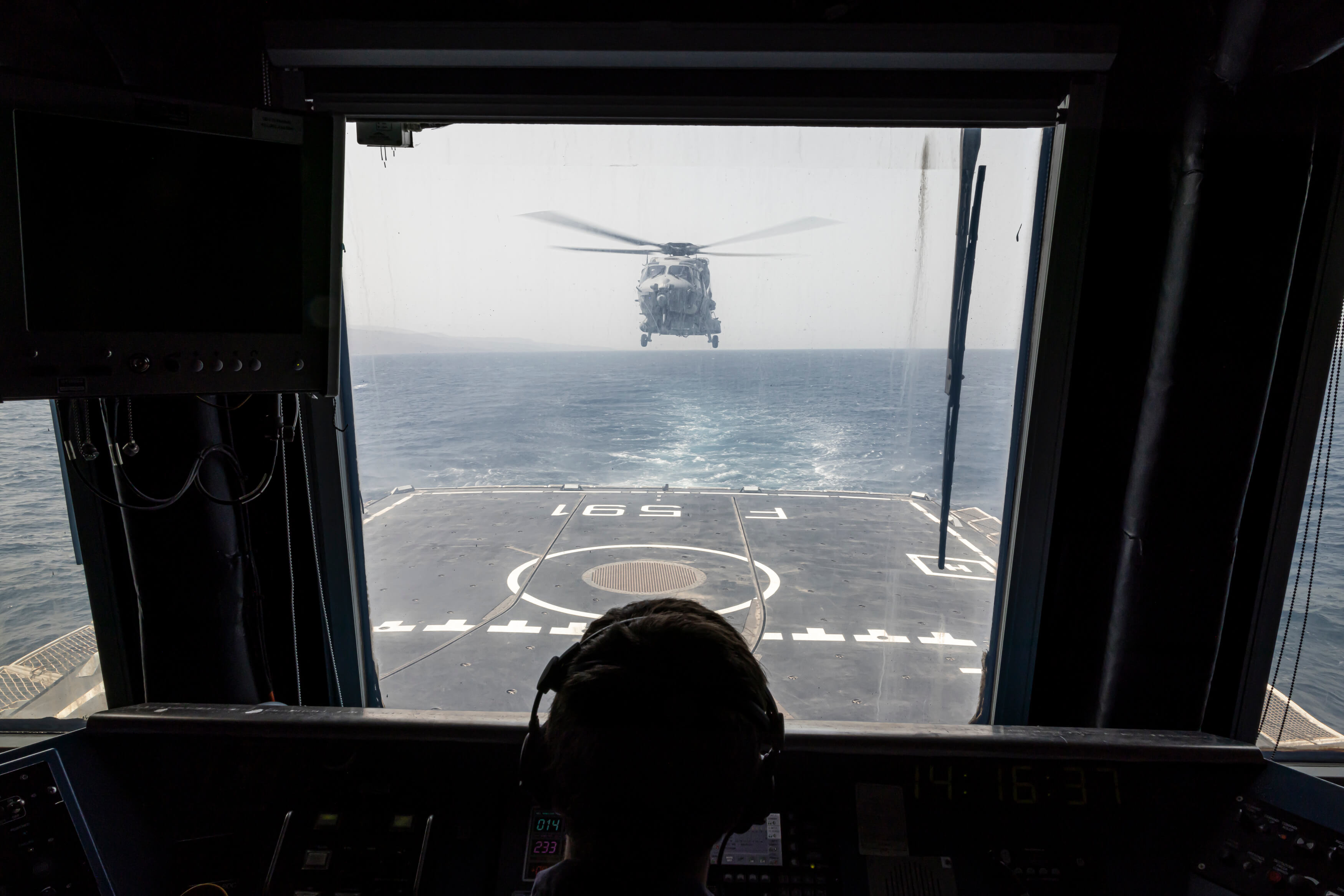A resumption of attacks by Iran-backed Houthi rebels on commercial shipping in the Red Sea this week has focused attention on yet another festering sore in the Middle East: the long-running conflict in Yemen.
Israel’s wars against Hamas and Iran have overshadowed Yemen in recent months. Might renewed hostilities in Yemen prompt Western powers and regional heavyweights such as Saudi Arabia to push for peace, if only to protect their commercial interests?
But given that anti-Houthi forces remain weak within Yemen, any attempt to bring durable stability is likely to flounder and so deter any strong effort to do so.
Given the other crises in the Middle East, Yemen’s complex conflict is relatively ignored. The US administration is currently trying to broker an Israel-Iran ceasefire while Iran is deciding its stance towards any nuclear talks after Israeli and US air strikes on its atomic infrastructure last month.
Israel has continued to strike Houthi targets, including ports and a power plant, since reaching a ceasefire with Iran at the end of last month. Israel says several Houthi missiles were launched at Israel this week, and it has intercepted some of them.
The Houthis claimed responsibility for an attack on the bulk carrier “Magic Seas” in the Red Sea on Sunday, the first on commercial shipping in the region this year. The Houthis said the carrier’s owner had used Israeli ports, thus making it a target for the Houthis, who claim solidarity with the Palestinians. The ship’s 19 crew were rescued.
However, another attack sank the Greek-owned “Eternity C” cargo ship, killed at least four people, and left 15 others missing who were feared kidnapped as of the middle of this week. According to the EU Operation Aspides and the private security firm Ambrey, the ship came under fire by men in small boats and by bomb-carrying drones on Monday night, and security guards on board fired their weapons.
The cost of inaction is high
“These attacks directly threaten regional peace and stability, global commerce, and freedom of navigation as a global public good. They can negatively impact the already dire humanitarian situation in Yemen,” said an EU statement.
There can be no doubt about the suffering of the Yemeni people, of whom more than half, or about 17 million people, are estimated by the UN to be suffering from acute malnutrition. “Yemen is so much more than the containment of a threat,” said Hans Grundberg, the UN special envoy for Yemen. “The cost of inaction is high.”
The Houthi rebels, grouped in the Ansar Allah organisation, are still standing after a years-long assault. President Ali Abdallah Saleh waged war against them between 2004 and 2010. This was followed by an eight-year war until 2023 led by Saudi Arabia and the United Arab Emirates.
Neither repeated air strikes by Israel nor US attacks most recently in May have defeated the group. The US was estimated to have spent about $1 billion when the US bombed the Houthis more than 1,000 times during a seven-week campaign that ended on 6 May.
UN fears that troop movements in several governorates could be the precursor to military escalation
The UN says that since 2015, Houthi forces have increased to about 350,000 and they control large swathes of northern and central Yemen, where about 25 million people live. They are subjected to Islamist dogma and restrictions described as worse than those inflicted by the Taliban in Afghanistan. The UN and rights groups say both the Houthis and the Saudi-backed government have committed serious violations of human rights.
Groups opposed to the Houthis had hoped the US military campaign would force Ansar Allah into a power-sharing accord to allow the internationally recognised government to return to the capital, Sanaa. But the Houthis appear as strong as ever.
An accord reached in 2023 on implementing a ceasefire fell apart earlier this year, and the UN fears that troop movements in several governorates could be the precursor to military escalation.
The Houthis remain a potent force
What is clear is that this year’s US air campaign, called Operation Rough Rider, was not the unqualified success as touted by Washington and failed to deter the Houthis from making attacks in the Red Sea.
The Houthis are likely feeling more secure in their claim that the US ceasefire was a capitulation to their steadfastness.
 It is unclear whether this week’s Houthi attacks are one-offs or a return to a sustained Red Sea campaign - EU operation Aspides
It is unclear whether this week’s Houthi attacks are one-offs or a return to a sustained Red Sea campaign - EU operation Aspides
But it is unclear whether this week’s Houthi attacks are one-offs or a return to a sustained Red Sea campaign. They also raise the question of whether the US and its allies may support Yemeni ground forces in any battle against the Houthis, says the Soufan Centre, which thinks the US is more likely to stand down unless the Houthis continue their campaign.
Whatever comes next, the UN and others say negotiations are the only long-term solution, and the Houthis cannot be ignored in Yemen.
“With prospects for both all-out war and peace in Yemen seemingly improbable, the Houthis remain a potent force and an essential player in whatever options or road maps that might be conceived for the future of the country,” says an Arab Centre Washington commentary.